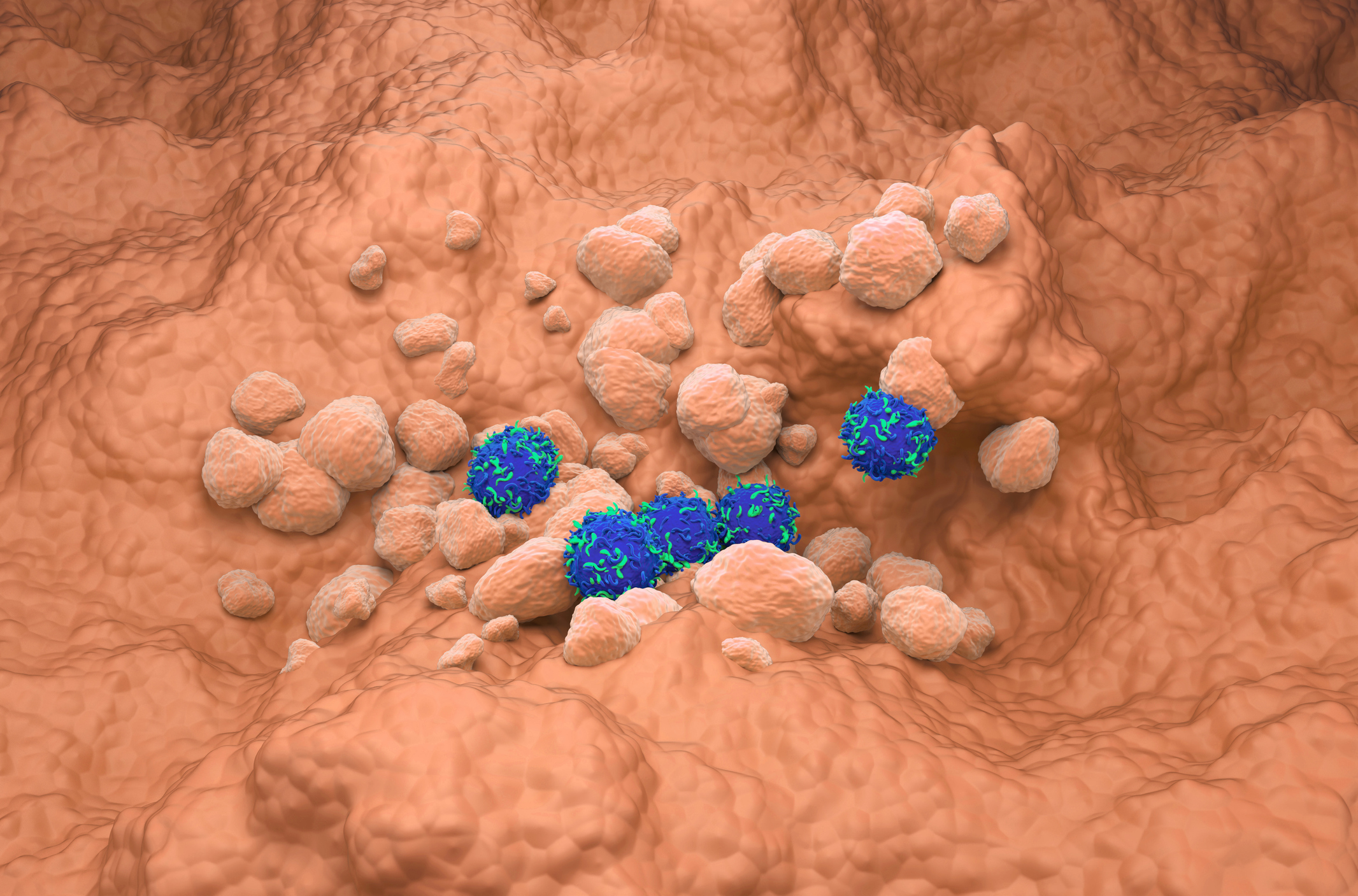In May 2024, Imperial College Healthcare NHS Trust made extensive preparations to switch 80 patients with highly active, relapsing-remitting multiple sclerosis from an established monoclonal antibody drug to a biosimilar classified as interchangeable by the regulatory authorities. Within a few weeks, more than half of those affected reported unexpectedly severe and persistent side effects, so 42 patients were switched back to the original drug. After switching back, the symptoms improved in 90% of cases within two weeks. These observations suggest that despite formal interchangeability in clinical use, subtle differences in production, application and patient characteristics can lead to relevant variations in tolerability.
Autoren
- Tanja Schliebe
Publikation
- InFo NEUROLOGIE & PSYCHIATRIE
Related Topics
You May Also Like
- Multiple sclerosis
Unexpected side effects when switching from natalizumab to a biosimilar
- Immunotherapy
Subcutaneously or intravenously?
- Work-related asthma
When the job leads to exacerbations
- Inoperable NSCLC
Efficacy of pembrolizumab in combination with concurrent chemoradiotherapy
- De-escalation strategies
De-escalation strategies – less is more
- Pain and autism
Hurdles to pain treatment for autistic patients
- Advanced NSCLC
MARIPOSA: Combination therapy as the new standard of care for EGFR-mutated NSCLC
- Pathophysiological mechanisms and therapeutic perspectives









